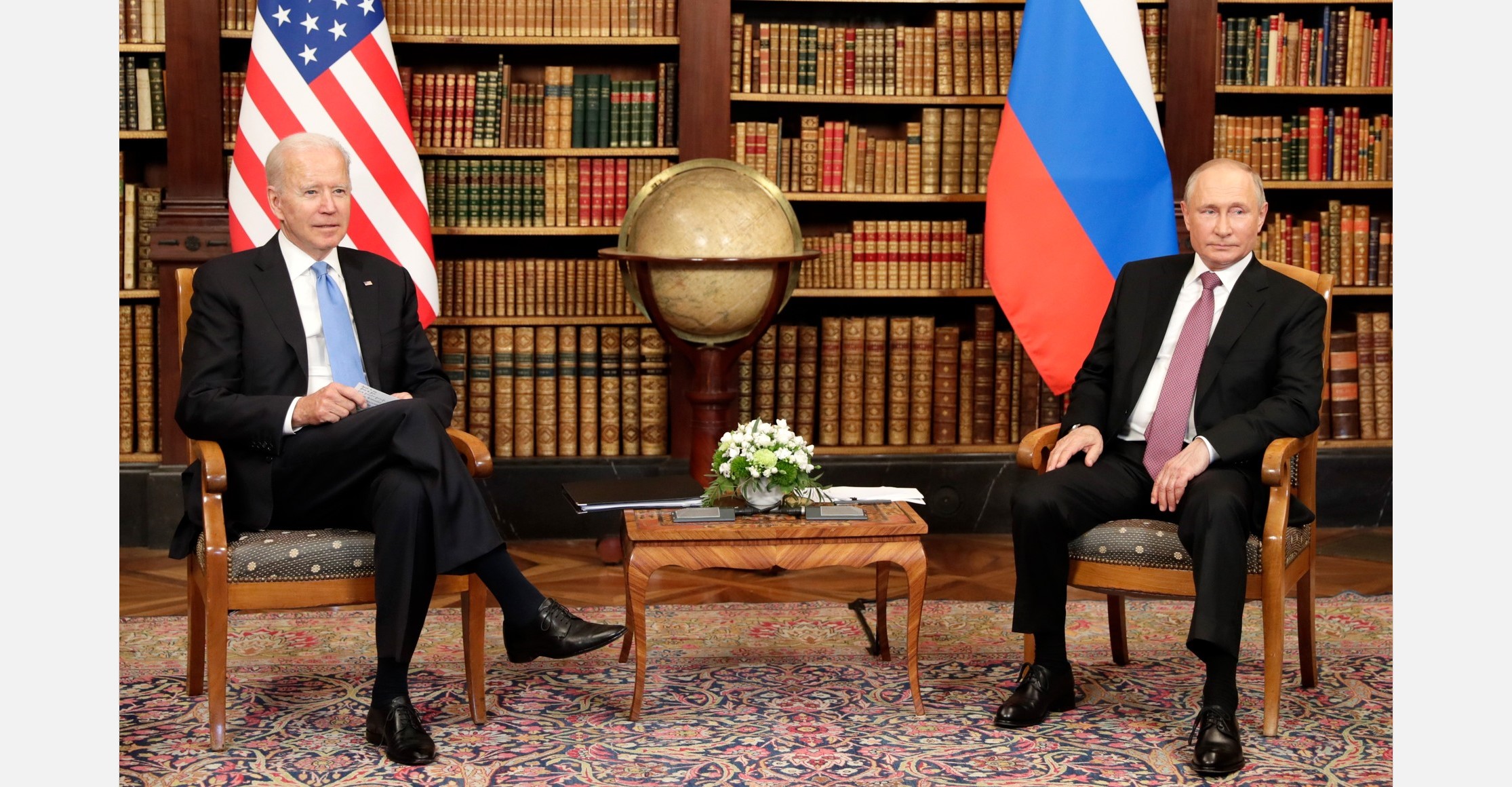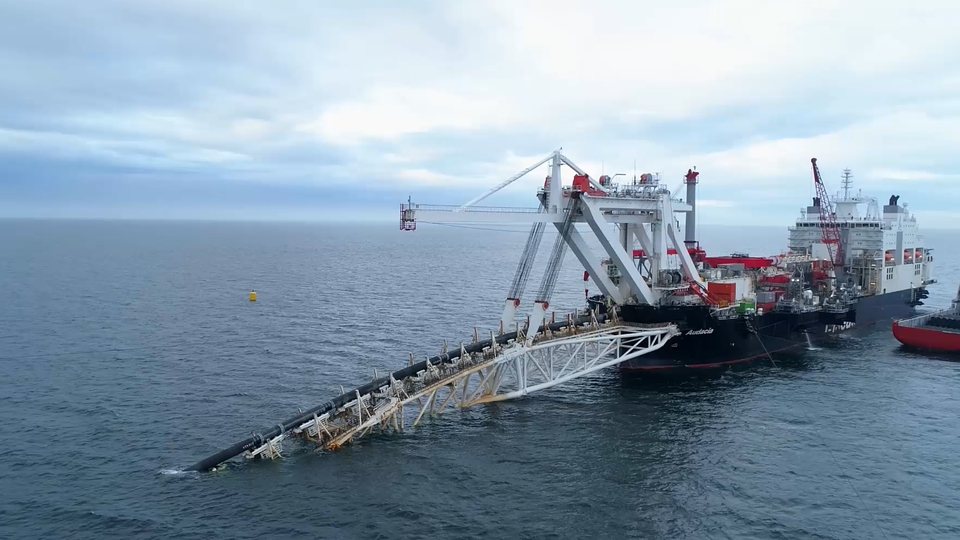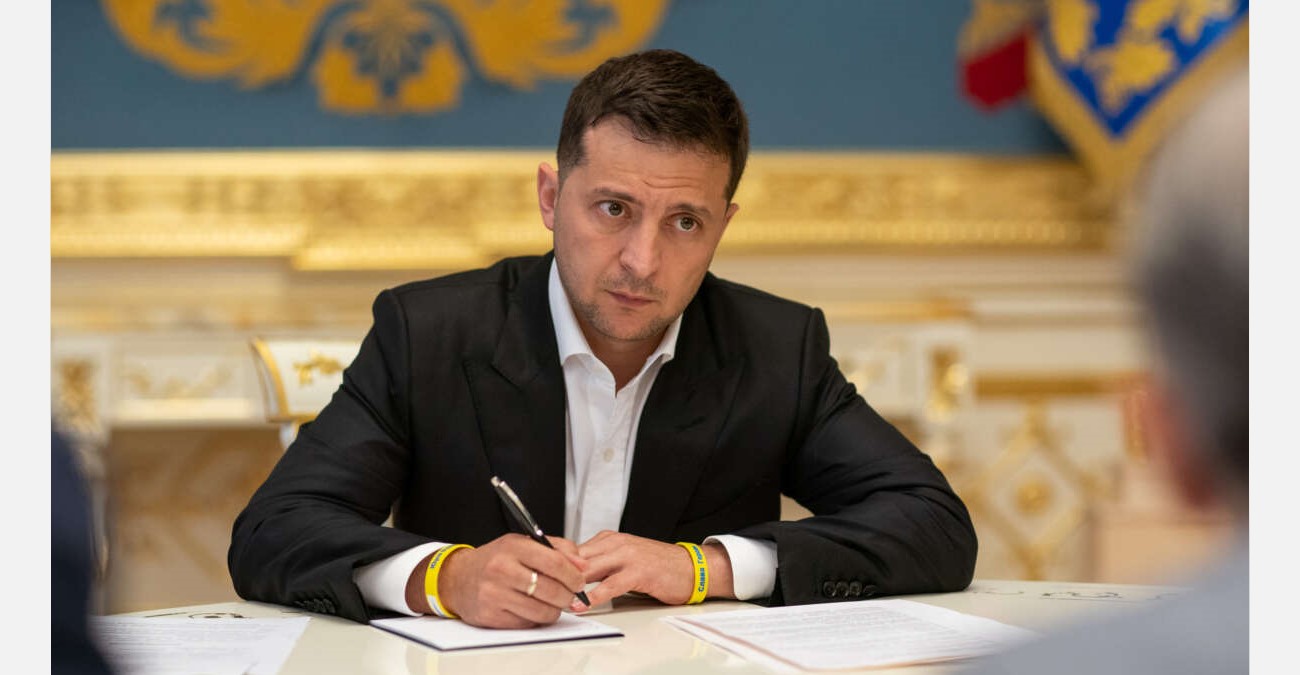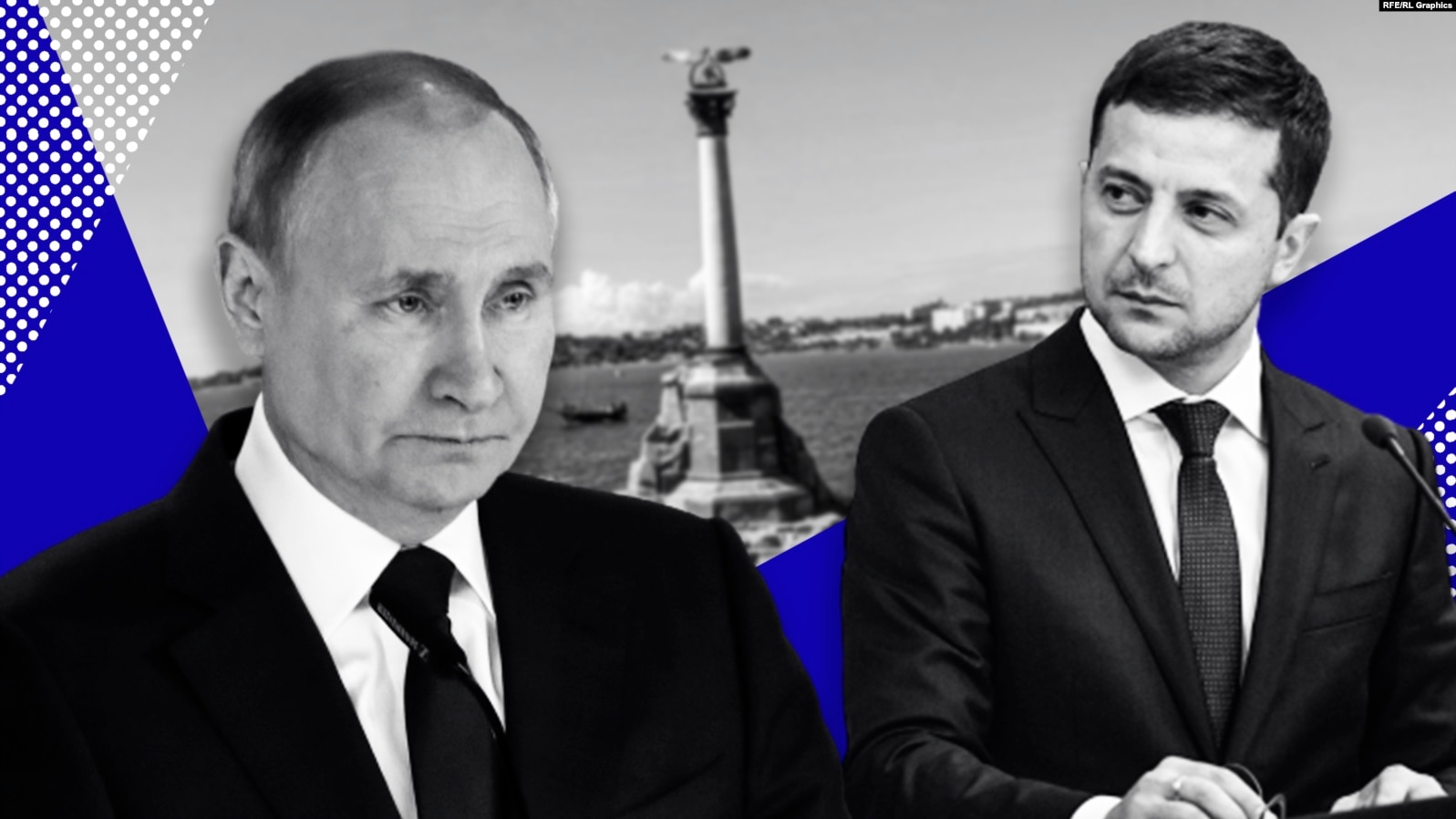One area where a significant step forward was supposed to be made in Geneva is cybersecurity, and Moscow registered the US consent to its longstanding proposal for opening a channel of consultations in this unregulated domain as a tangible success (Russiancouncil.ru, June 22). Biden had delivered a list of 16 crucial structures and sectors that should be off-limits for cyberattacks, which, according to the policy newly approved by the North Atlantic Treaty Organization (NATO), would be treated as acts of warfare (Forbes.ru, June 16). Nonetheless, a new ransomware attack by the REvil gang of hackers, allegedly based in Russia, hit hundreds of US and European businesses over Independence Day (US) weekend (RBC, July 3). On the domestic front, Russian special services, while covering up for the hackers, stepped up persecutions of independent internet-media outlets, particularly targeting groups of investigative journalists, such as Proekt-Media (Meduza, June 29).
Putin may have only vague ideas about offensive versus defensive capabilities in the cyberwarfare arena, but he has developed a penchant for the game of “red lines,” threatening, in his 2021 address to the Federal Assembly (parliament), severe consequences against anyone daring to cross the boundaries Moscow might choose to draw (Kommersant, April 22). The Kremlin then clarified that one particular “red line” relates to “offensive statements” regarding Russia’s leadership (RIA Novosti, April 21). Biden found it opportune to change the tone, and Putin confirmed that he was “satisfied” with the White House’s explanation regarding the earlier “killer” comment characterizing Russia’s leader, which had been furiously condemned by Russian propaganda (TASS, June 16). Moscow sought to capitalize on that symbolic success and resume dialogue as usual with the always keen French President Emmanuel Macron and usually reserved German Chancellor Angela Merkel (Nezavisimaya Gazeta, July 1). At the recent European Union summit, however, eastern members refused to embrace the hastily advanced Macron-Merkel initiative for a top-level EU-Russian meeting involving Putin. Still, Moscow gained another opportunity to exploit intra-Western disagreements that Biden’s European trip was supposed to reduce (Russiancouncil.ru, June 28).
Diplomatic dances will keep circling such exaggerated sensitivities, but far more dangerous are Russia’s attempts to push forward “red lines” in the military-security sphere. The much trumpeted—even if, in real terms, failed—demonstration of intent to expel the United Kingdom’s destroyer HMS Defender, performing an innocent passage near occupied Sevastopol, constituted a serious escalation of these efforts (see EDM, June 24, 28). And Russian experts continue to discuss its consequences (Carnegie.ru, June 28). Russia’s top brass seek to “convince” NATO to accept de facto, if not de jure, the illegal annexation of Crimea, showing (while quite possibly faking) a readiness to play with far higher risks than the strictly professional “enemies” (Nezavisimaya Gazeta, June 27). Putin has stretched this calculus still further by speculating that Russia can opt to sink a hostile ship without risking a “third world war,” because its enemies know that a victory is impossible (see EDM, July 1).
Trending Now
This irresponsible conjecture confirms Russia is not interested in any confidence-building talks on preventing dangerous incidents at sea, assuming as Moscow does that it has an edge in executing intercepts and chancing near collisions—even if its naval capabilities are significantly inferior to the US and its allies (The Insider, June 30). NATO has to prepare for crude interferences in the ongoing exercise Sea Breeze 2021 in the Black Sea, which Russian officials condemned as “provocative” (Izvestia, July 3). Moscow knows its “fortress Crimea” is not threatened, but it is delegitimized by these exercises. Hence, Russia seeks to make a larger point via its “counter-measures”: to establish that granting Ukraine the long-promised NATO Membership Action Plan would constitute a breach of perhaps Moscow’s most emphatically carved “red line” (Rosbalt, July 2).
Every reference Putin makes to unity between Russians and Ukrainians provides Kyiv with fresh impetus for strengthening Ukrainian statehood and ties with the West; but the situation is exactly the opposite in Belarus. The latter’s embattled autocratic regime has withstood mass resentment over the past year in large part thanks to expanding support from Russia (Kommersant, July 3). The feverish anti-Western rhetoric of President Alyaksandr Lukashenka compels Putin to verify the Belarusian leader’s accusations of terrorist conspiracies—even if the Russian president is not prepared to go as far as emulating his Belarusian counterpart’s current policy of opening the borders for the outflow of illegal migrants into the EU (Novaya Gazeta, July 3). The Kremlin tries to make clear that the preservation of Lukashenka’s regime constitutes another firm “red line,” while the progressive tightening of EU sanctions against Belarus amounts to altering the boundaries of acceptable interference (Nezavisimaya Gazeta, June 29). The Russian government sought to fix its positions and perceptions in the new National Security Strategy, approved by Putin on July 2; but in fact, this document merely declares Russia’s resolve to resist hostile Western pressure (Rossiiskaya Gazeta, July 3).
Read More:
- Putin offering Ukraine same deal Stalin offered West Germany in 1952, Piontkovsky says
- Disinformation on the UN Charter as a tool of Russian imperialism
- Putin believes only annexing Ukraine will allow Russia to be a superpower without harm to its ethnic Russian core, Eidman says
- Torture and imprisonment is the price of freedom of speech in Russia-occupied Crimea
- Russia prepares for Zapad 2021, keeps heavy armed forces close to Ukraine
- The Kremlin’s cyber contractors. Their motives and risks
- Beware of Russia’s bilateral cyber world order
- How states can get real about Russian cyber attacks: Estonia, the UK, and Poland explain
- Deconstructing Putin: it is time the West learned to be bold
- Advisor to Russian Defense Minister warns of ‘mental war’: who is waging it and against whom?





